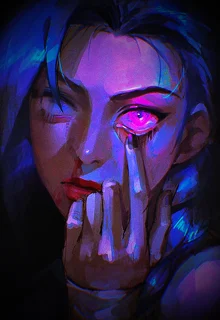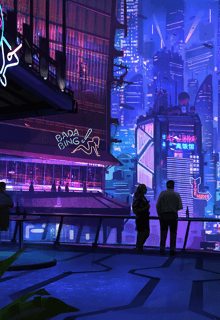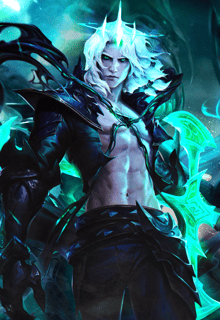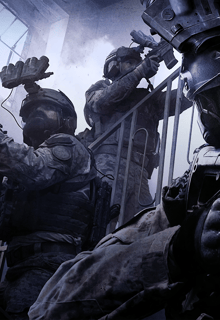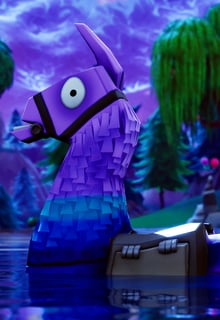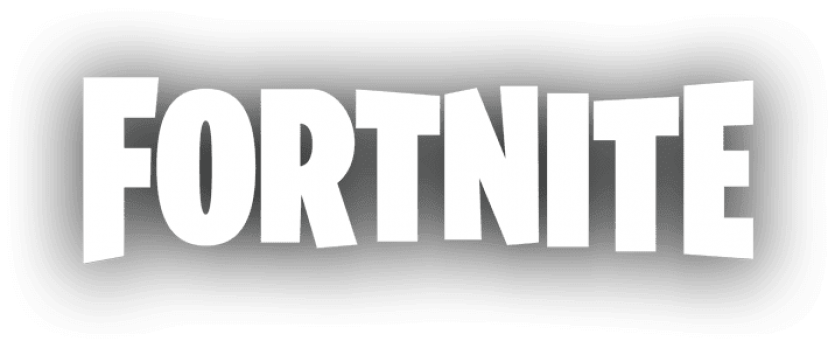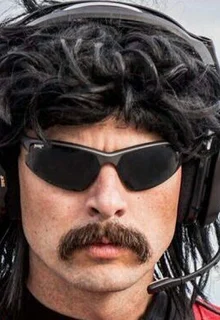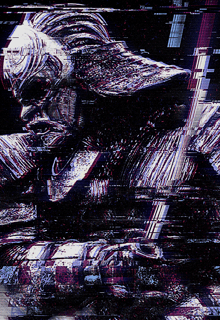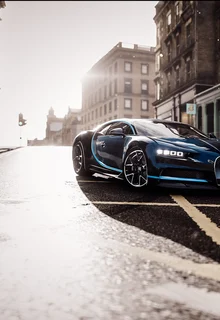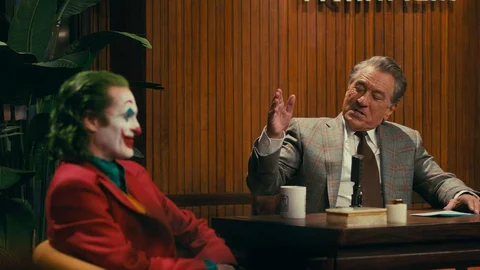While Joker was a huge success at the box office, behind the scenes not everything was as peachy as you would hope. Co-stars Robert De Niro and Joaquin Phoenix had a little beef on set (that got resolved eventually, don't worry).
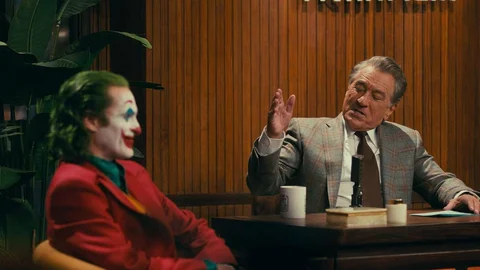
The 2019 movie Joker was a huge success, and for good reason: exploring how Batman's iconic villain became the way he was as Gotham City's most unpredictable menace while also making audiences feel kind of sorry for him was a masterpiece in cinematography and storytelling. Thank you, director Todd Phillips, for that!
The movie sparked a heated discussion about topics like mental health and the depiction of people who struggle with mental illnesses, especially in terms of violent behavior or even glorifying it. And on set, too, were some discussions to be had – especially between legendary Robert De Niro and Oscar-winning Joaquin Phoenix.
[ce 4]
What Was De Niro's And Phoenix's Beef In Joker About?
The story starts with two insanely talented actors who both like to take a similar approach to their roles: get in character as much as possible, as they told Vanity Fair. Both Phoenix, who plays Arthur Fleck (who'll become The Joker eventually) and De Niro, who plays talk show host Murray Franklin, try to actually feel everything their character is going through.
That means they have something in common as people, doesn't it? Seems like a solid foundation to get along on set, having the same view on their craft. Still, they initially didn't talk much: "The first day we said good morning, and beyond that, I don't know that we talked much," Phoenix admitted.
This may come back to their way of acting, though: the characters Arthur and Murray didn't have much to talk about, and as they tried to "relate as the characters to each other" there was no reason for them to be all buddy-buddy on set – doesn't matter the fact that Arthur is absolutely obsessed with the show host.
That's still not the beef we're talking about, though.

The actual little quabble they had ironically kind of fits the characters too. In acting, it's common practice for the whole cast in a movie or show to read through the script together before shooting the scenes and for De Niro, that was the standard procedure. He wanted that to happen on the set of Joker too – just like his character, De Niro's a seasoned entertainment pro, after all.
Phoenix, on the other hand, didn't agree at all, as he preferred to just "let it happen" while shooting. Going with the flow and being a little unpredictable? Sounds familiar. (And no, I am not accusing Phoenix to have Joker-esque tendencies. Both approaches are totally okay. I like to be spontaneous as well, just like Phoenix. Oh my God, do I have Joker tendencies?!)
I digress – the situation was that De Niro wanted a read-through, Phoenix didn't at all. That put director Todd Phillips in an uncomfortable spot as well, with De Niro telling him to get a hold of Phoenix to make him do it and Phoenix telling him "there's no ****** way I'm doing a read-through."
At the end of the day, Phoenix gave in and did what his co-star asked of him – reluctantly. In fact, after he bowed his head to De Niro and gave in to do the read-through, he disliked it so much he actually felt sick after and initially declined De Niro's invitation to his office afterward. Thankfully, Phillips convinced him to come by in the end.
And that's where that little beef found its end: that's where they talked it all out and according to Phillips, De Niro gave Phoenix a kiss on the cheek and told him that "it's going to be okay, bubbeleh."
The Controversy Of The Joker
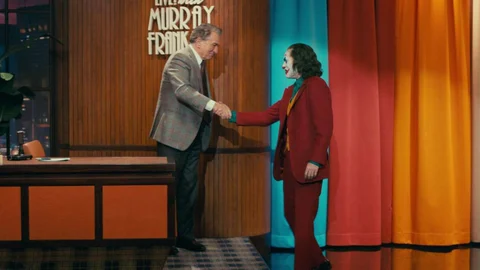
While the two actors eventually made up and found common ground to make one hell of a thought-provoking movie, the reception sparked more discussions than those that took place behind the scenes.
In the movie , Arthur Fleck turns into the Joker as he's struggling with his mental health and turns into the violent menace already known from Batman. As his dark and actually pretty sad backstory is revealed, people started commenting how harmful that depiction of mental health issues can be.
Not only that people with mental health issues – like Arthur – are shown to be prone to violence, Joker's unstable condition came across as glorified for some. And to top it all off, his issues "justified" his actions in the eyes of a part of the audience.
At the end of the day, it remains that Joker is only a movie and nothing about the character is to be taken too seriously – he's a literal clown, after all. Still, giving him such a moving backstory is an amazing example of what storytelling can accomplish. And, obviously, people who struggle with their mental health are not born to be the menace of Gotham City or any other place.
